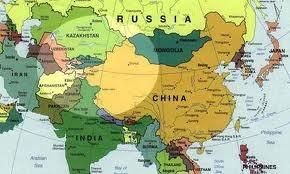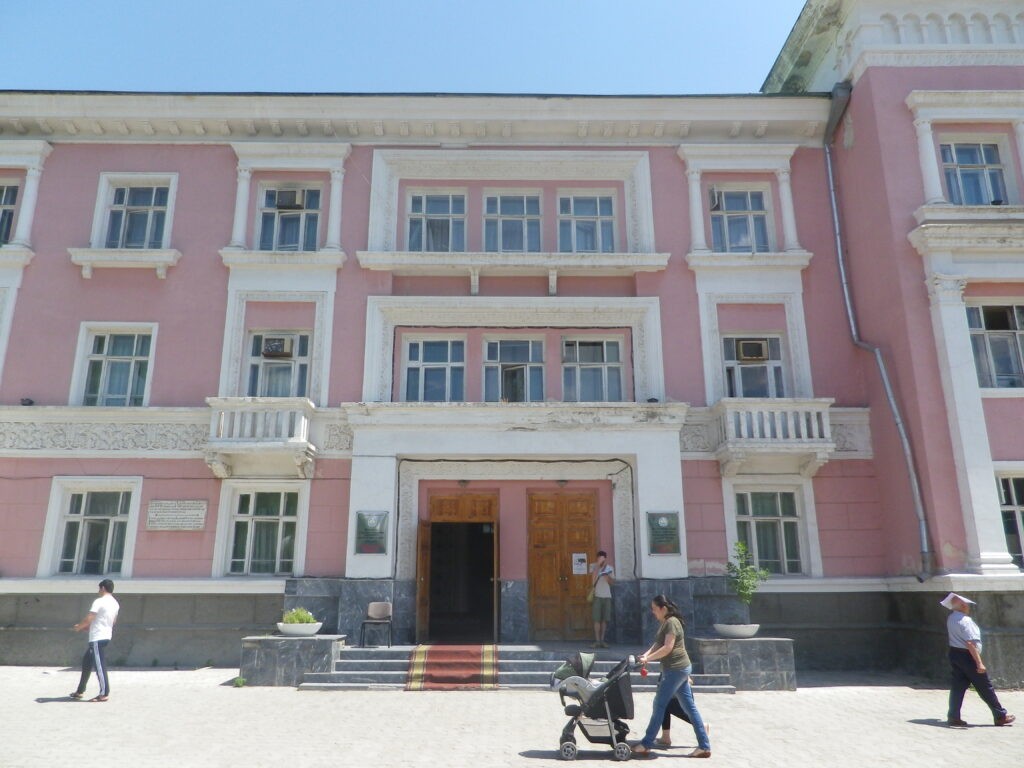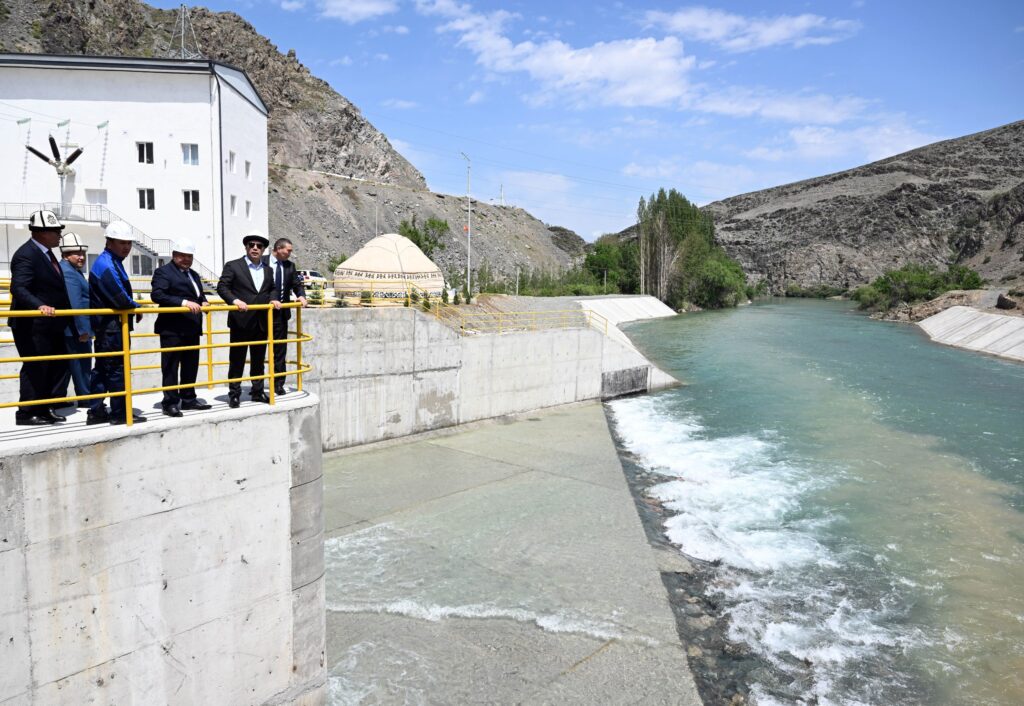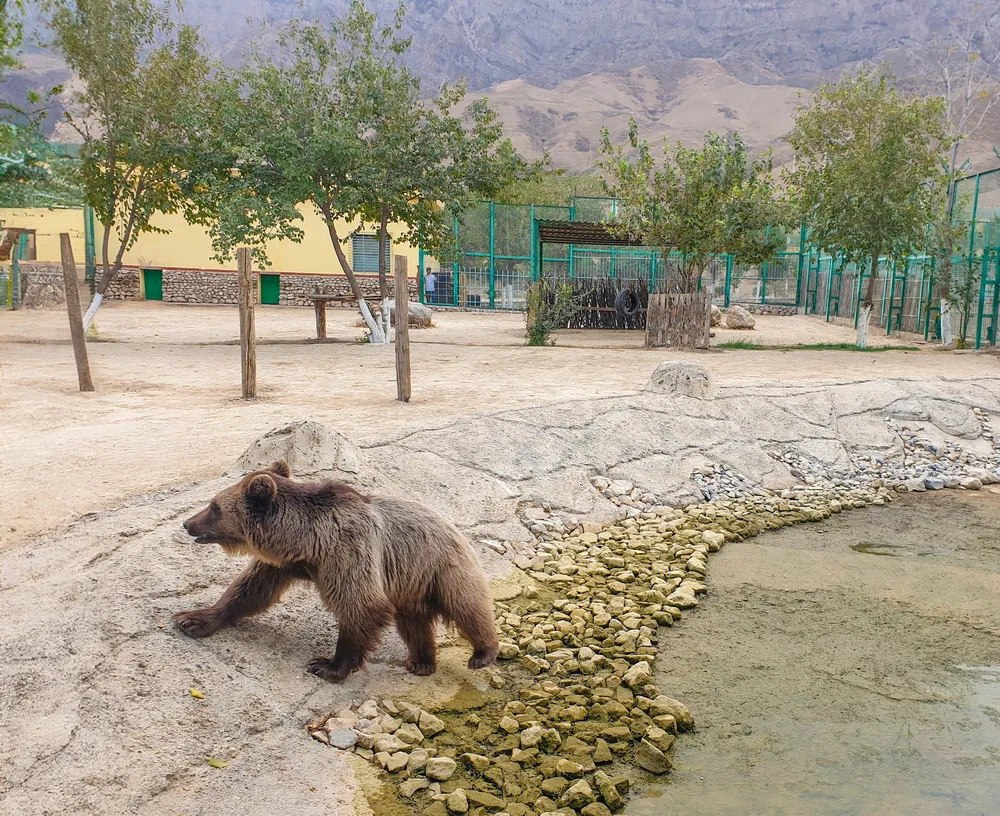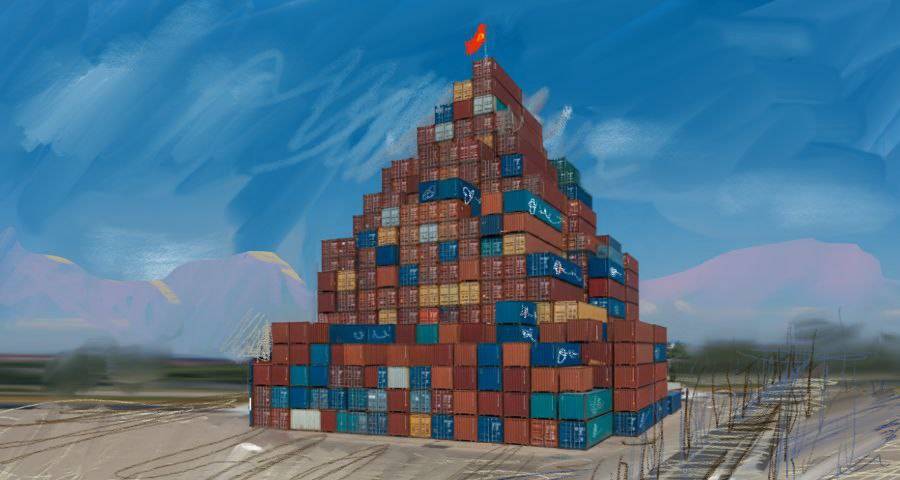BISHKEK (TCA) — The Times of Central Asia presents to its readers Stratfor’s Global Intelligence, a weekly review of the most important events that happened in the world — from Europe to Middle East to Russia to Central Asia to Afghanistan to China and the Americas.
The Week That Was
Ukraine Talks Stall
The only result from this week’s Normandy talks on Ukraine was more bickering. This was not a surprise, of course, given that Kiev is utterly lacking the political coherence and resolve to make concessions to Moscow, such as recognizing elections in eastern Ukraine. But Russia’s hope is that more Europeans will become fed up with Ukraine at the same time they need Russia to enforce a cease-fire in Syria to limit migrant traffic. Russia could then have a chance at breaking apart the European bloc’s consensus on sanctions against Russia come July. That said, the group of Europeans that Russia would be counting on to break a European consensus (Italy, Hungary, Serbia and Greece) could always just leverage their cooperation on sanctions to extract concessions from Brussels on issues of higher importance. Italy, for example, needs a deal to resolve its bad banks issue far more than it cares about improving Europe’s overall position with Russia.
Germany Defends Greece
Greece, at the same time, is enjoying a rare respite with the Germans and would not want to do anything in the near term to screw that up. Berlin has in fact been Greece’s biggest champion as of late, fending off members calling for Greece’s expulsion from Schengen and showing a new willingness to give Athens a break on pension reforms in return for greater cooperation on the migrant issue. Don’t get too comfortable with the coziness between Berlin and Athens, though. Germany is not going to get its coalition of the willing to significantly alleviate the migrant flows and Greece is going to run into more social resistance on reforms, making this a temporary calm at best.
A Chechen Transition
More Kremlin intrigue lies ahead following the bombshell dropped by Chechen President Ramzan Kadyrov this week. Kadyrov announced he would not seek re-election after his term is up this April. The long-time leader of the Chechen republic has been considered a critical stabilizing force not only ending the Second Chechen War, but for also spinning up pro-Kremlin (and pro-Putin) nationalism in the troubled region. Since the announcement, Kadyrov has been adamant that the decision on whether he stays or goes is up to Putin himself. Putin, however, has remained silent. The question on our minds is whether Kadyrov is pulling off a public relations move to demonstrate how much he is loved in Chechnya and to get Putin to publicly support a plan to extend his presidency of Chechnya or whether the elite factions within the Kremlin (primarily the Federal Security Service, or FSB) have finally pressured Putin into implementing a managed transition of the Chechen leadership. Notably, Kadyrov’s announcement did come after Putin attended the annual FSB meeting. Either way, Putin is being tested and we need to watch which way he leans.
Heightened North Korea Sanctions
The United Nations Security Council finally hammered out a sanctions resolution against North Korea, heralding it as the toughest one yet. And sure, they sound severe on the surface: a ban on aviation fuel and imports of North Korean mineral resources as well as inspection of all North Korean cargo. China, as North Korea’s main trade partner, needs to act tough to try and regain the respect of Kim Jong Un, who has been flouting Beijing’s guidance and firing officials close to Beijing. But China also has no interest in seriously destabilizing North Korea and creating a bigger problem for itself. There are enough loopholes in these sanctions for China to manage its trade relationship. With or without the sanctions, North Korea will continue to pursue its nuclear program and will use any perceived hostile actions to consolidate power around Kim.
Former Brazilian President Detained
Impunity was thrown out the window in Brazil on Friday when former President Lula da Silva was detained for three hours for questioning over allegations that he oversaw giant kickbacks through Petrobras that helped fund the Workers’ Party political campaigns.
Lula is naturally defiant, casting himself as a political prisoner in an authoritarian system. Lula is hoping that message will resonate enough with his supporters to drown out pro-impeachment protests on March 13 against President Dilma Rousseff. Still, there is a big risk that the corruption probe reaching as high as Lula could give ammunition to the pro-impeachment movement. The important thing to watch moving forward is the March 12 annual meeting for the Brazilian Democratic Movement Party (PMDB), a party in the ruling coalition that is divided between those supporting the government and those supporting the pro-impeachment movement. Now that the probe has reached Lula, more members of the PMDB may decide to distance themselves and break from the coalition to avoid getting tainted by the already consuming scandal.
Full Articles
Europe Without the Union
Europe’s crises are bringing it ever closer to the brink of dissolution. While it is not yet possible to say exactly how the European Union will fail, it is possible to foresee what will emerge when it does. New blocs will form, with the center of gravity remaining a core bloc comprising France, Germany and the Benelux countries. To the north, a highly integrated Scandinavian bloc will form, while to the east, countries will coalesce around different shared interests, with some prioritizing trade and others seeking security.
In Venezuela, Armed Groups Find Opportunity in Calamity
Tension is rising between Venezuelan security forces and the pro-government patronage networks known as colectivos. Despite being highly disorganized, the colectivos have managed to take advantage of the ruling party’s fragmentation and its weakened grip on power, bringing anarchy to the streets of Caracas. If the Venezuelan government does not move quickly to disarm the groups, it will risk losing more control of the neighborhoods in which they operate. Given enough time, the colectivos could even evolve into organized crime groups — a threat that would be even more difficult to eradicate.
In Iran, a Fragile Coalition Defeats the Hard-Liners
Over the weekend, 33 million Iranians headed to the polls to vote in historic dual elections, and the results suggest that an important change is underway in Iranian politics. According to the latest reports, the country’s parliamentary elections yielded a rough three-way split between reformists, moderate conservatives and hard-liners. Of the 285 seats up for grabs, 70 will be contested in a runoff vote in April. Meanwhile, the Assembly of Experts elections resulted in a landslide victory for Iranian President Hassan Rouhani’s allies as moderate politicians walked away with 15 of Tehran’s 16 district seats.
Russia Re-Evaluates Security Ties in Central Asia
Ever since its unexpected loss of influence in Ukraine and subsequent standoff with the West over the country, Russia has been re-evaluating its military and security positions across the former Soviet periphery. With the war in eastern Ukraine developing into a long-term frozen conflict, Russia has worked to shore up its presence and assets wherever possible in the Eurasian borderlands. Central Asia, crucial for its long history with Russia and border with Afghanistan, is among the areas impacted by these developments.
The Week Ahead
European Central Bank Meeting
We will be closely watching the European Central Bank’s Governing Council meeting on Thursday. Governor Mario Draghi has prepared the markets for considerable easing, and will thus be under pressure to produce. This is likely to take the form of a negative rate cut, and might also include an increased rate and/or variety of bond buying in the European Central Bank’s ongoing quantitative easing program. If he fails to deliver to the market’s satisfaction, the resulting sale of assets may see the return of some of the panicked share price drops that characterized the first six weeks of the year. This would be particularly likely to hit Italian and Portuguese banks, and considering Italy’s size and the level of its debt, an Italian banking crisis sharply focus the minds of Europe’s policymakers.
In preparation for negative interest rates, the Bavarian Association of Savings Banks is apparently discussing a plan to store excess cash reserves in vaults, rather than with the European Central Bank. This is according to an internal circular letter picked up by Frankfurter Allgemeine Zeitung released this past week. If this plan were to come to fruition, it might hinder the European Central Bank’s ability to drop rates further, since it would be reluctant to risk losing control over the banking system. This also plays into the likely decommissioning of the 500 euro note, since limiting notes to lower denominations raises the costs of holding large sums in cash.
China’s National People’s Congress
The National People’s Congress has kicked off and will last through March 17. Along with its sister conference, the Chinese People’s Political Consultative Congress, it is designed to rubber stamp Communist Party policies. These priorities include the passage of a new defense budget, which is expected to grow at about 7.6 percent the first single-digit rise since 2010 and far below the 20 percent that some in the People’s Liberation Army believe are necessary to properly execute ongoing military reforms. They also include the ratification of China’s 13th Five Year Plan and laws to facilitate the cutting of the tremendous overcapacity in China’s heavy industries such as coal and steel. The two sessions will undoubtedly be filled with pomp and circumstance but are overshadowed by a year of ineffective policies to manage the ongoing economic slowdown in China. Nonetheless, the Communist Party appears to be tightening controls on these already-heavily scripted event — the day before the congress was scheduled to start, China’s top anti-graft agency initiated a carefully timed investigation into a delegate who was a powerful former party secretary of Liaoning province. The message is clear: stay on message, as no one is safe from investigation. With controls on the congress so tight, anything remotely off-script will be a noteworthy occurrence.
Tensions Over North Korea
This is the time of year when the Korean Peninsula tends to be quite tense and thus bears close watching. The tighter U.N. sanctions come as the North Korean military’s winter training cycle enters its most intense phase in March. The United States and South Korea are also preparing for their annual Foal Eagle and Key Resolve exercises, which start on March 7 and last through the end of April. Although the United States and China have reached agreement (at least in the short term) on the management of North Korea, both powers remain at odds over freedom of navigation in the South China Sea, where China has ongoing territorial disputes with various Southeast Asian countries. While the U.S. Navy routinely operates in the area, the sailing of a carrier battlegroup centered on the USS Stennis into the sea has raised widespread notice. With less than a month left in the quarter, the second U.S. Freedom of Navigation Operation must be imminent. If the Stennis participates in the operation, it will send a strong message indeed.
Ukrainian President in Turkey
As we watch for Turkey to escape the Russian deadlock in Syria, a visit by Ukrainian President Petro Poroshenko to Turkey from March 9 to March 10 comes at a critical time. Russia has already been pushing Turkey to the limit in its support for Syrian Kurdish factions. If Turkey wants to poke the Russian bear, Ukraine is an ideal spot. We will be watching for any sensitive weapons sales or other forms of support that Turkey will try to use to capture Moscow’s attention.
Egyptian Leader in Saudi Arabia
Egyptian Prime Minister Sharif Ismail and Deputy Crown Prince Mohammad bin Salman will meet in Riyadh on March 10 for the fifth meeting of the Egyptian-Saudi Coordination Council. The meeting will lay the groundwork for a planned meeting April 4 between Egyptian President Abdel Fattah al-Sisi and Saudi King Salman bin Abdulaziz in Cairo, during which Saudi Arabia is expected to finalize the terms of a December 2015 promise of $8 billion of grants, loans and investments into Egypt. In the past week, Saudi Arabia promised an increase in the amount of petroleum products exported to Egypt, in a five-year deal reportedly valued at $23 billion. Official Saudi visits to Egypt usually entail surprise additions or embellishments to already promised aid. While there are no indications that lump $8 billion sum of Egyptian aid is in question, the degree to which Saudi Arabia will continue to provide cash infusions to Egypt’s central bank certainly is, as Saudi Arabia looks for ways to trim its external costs. At the same time, Saudi Arabia has been sending a clear message to regional players like Lebanon that Riyadh expects results from this aid. We can thus expect tense discussions over Saudi expectations for Egypt in participating in both Syria and Yemen.
